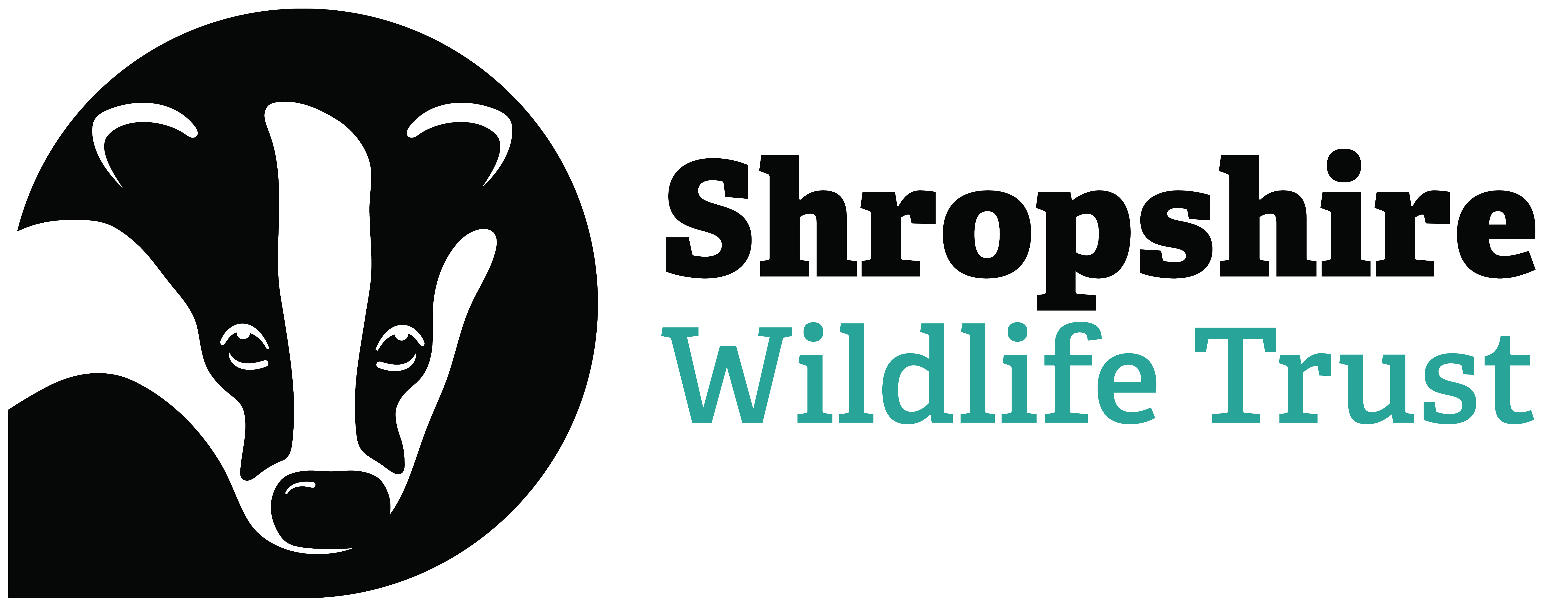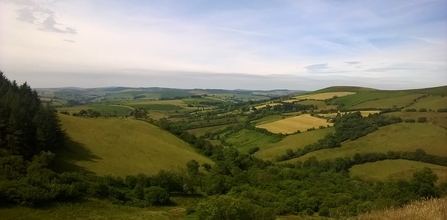Green private finance, i.e income from ecosystem services such as those related to carbon emissions, nutrient run-off, flood risk and biodiversity improvements, is being held up as one of the ingredients to provide farm businesses with a sustainable future, alongside food production traditionally supported through grants such as agri-environment schemes. But how realistic and abundant are these private finance opportunities and just how do farmers take advantage of them?
Twenty-five farm businesses in the river Clun catchment are being offered the chance to have a confidential, totally paid for, audit of land they own and farm, which will determine not only what services they could sell, but also how these may fit with their business model and future aspirations, and how these opportunities may be realised. But time is running out to join as applications close early August.
This test and trial style project, part of one of only five nationally, is managed by Shropshire Wildlife Trust with funding from Natural England and is linked to their development of Protected Sites Strategies. This relatively new legislation aims to smooth the path towards flourishing farm businesses which are less impactful on the wildlife of Protected Sites such as the river Clun Special Area of Conservation (SAC).

